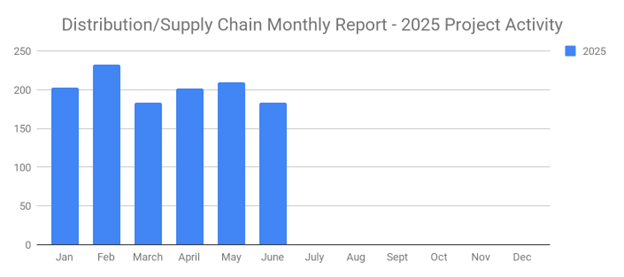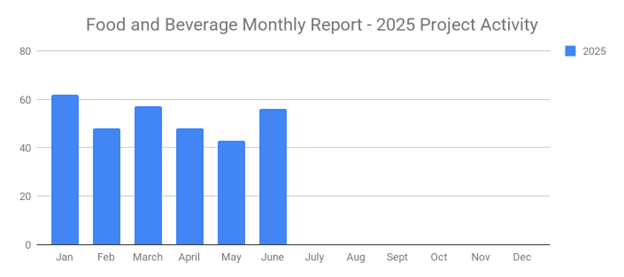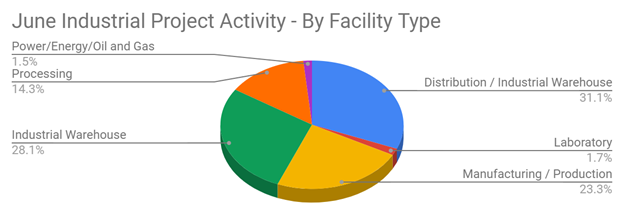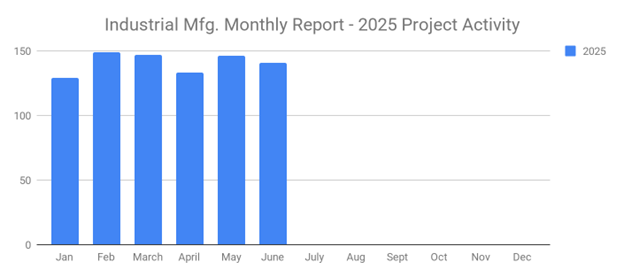
A common mistake made by business-to-business (B2B) salespersons is overlooking a prospective company's "decision-makers." Instead of talking to the individuals who have the authority to make purchases, salespersons talk to lower-level employees. Granted, there are times when these correspondences may result in sales (e.g. the employee shares the offer with his or her boss; or is key stakeholder in the decision making process). In most cases, however, they are empty leads that consume time and resources without yielding anything in return. So, how can you reach the decision-makers?
#1) Research Prospects
The more you know about a prospective company, the better your chances of reaching the decision-makers. Rather than blindly calling a prospect, perform your due diligence to learn more about the prospect. How long has the company been operational? What's their revenue? Who are the executives? Answering these questions will give you a better chance at reaching the company's decision-makers.
Do you spend too much time researching your prospects? Sales Leads can help. CLICK HERE to learn more
#2) Call at the Right Times
The time of day when you choose to call prospects will affect whether or not you reach the decision-makers. According to some studies, B2B salespersons are more likely to reach decision-makers within a prospective company if they call that company later in the afternoon and early evening. This makes sense considering that high-level executives are often in meetings during the daytime hours.
#3) Ask for Permission
Don't be afraid to ask for permission to talk to the decision-makers. Some salespersons automatically throw in the towel and call it quits when they fail to reach the decision-makers. Just because a receptionist answers the phone, however, doesn't necessarily mean that it's a lost sale. If you politely ask the receptionist, he or she may connect you to a higher level employee, someone who can make purchasing decisions.
#4) Balance Selling and Research
While researching prospects is important, this doesnt' necessarily mean that you should exhaust all of your time and resources on it. Statistics show that the average corporate turnover rate in the United States is approximately 40%, meaning prospects may grow stale if you don't take immediate action.
#5) Explain Benefits
The golden rule of marketing 101 is to explain the benefits of your product or service, not the features. This same approach can also be used to reach decision-makers. When you're discussing your product or service -- whether to a receptionist, executive or any other prospect -- explain how it can benefit the company. If the prospect believes your product or service is beneficial to their company, they may patch you through to the decision-makers.
What to learn more? Get in Touch
Latest Posts
-

June's New Distribution and Supply Chain Planned Projects Return to March’s 183 Confirmed Figure
-

Food and Beverage Rebounds with 56 New Planned Projects Igniting Growth After Decline
-

June 2025’s New Industrial Construction Projects Grew 7% Month-Over-Month
-

Q2 Industrial Manufacturing Soars 31% for Planned Projects Over $100M; June Planned Industrial Projects Hit 141

